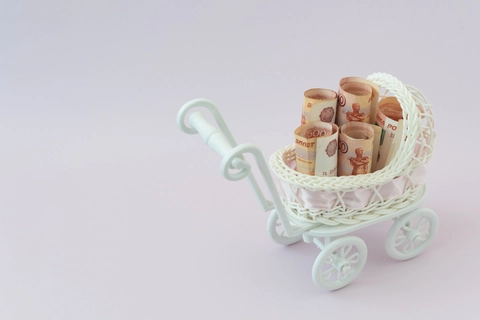The Ministry of Economic Development in Russia has revised its inflation forecast for the calendar year 2023, increasing it from an initial 5.3% to a staggering 7.5%. This information was disclosed in the ministry's 2024 forecast, as reported by the state-run Russian news agency, Tass.
Inflation is expected to decrease to 4.5% in 2024 and stabilize around 4% in either 2025 or 2026. The ministry's spokesperson highlighted that currency fluctuations, which have surged by 40% since the beginning of the year, play a significant role in this scenario. These fluctuations will inevitably be reflected in the prices. However, the ministry remains optimistic, anticipating a stabilization in the situation, with next year's inflation rate projected at 4.5%.
For context, the European Union's inflation rate for 2023 is projected to reach 6.5%, with a subsequent decrease to 3.2% the following year. This data was revealed in the EU Commission's summer forecast, presented at a press conference in Brussels.
The rising inflation rate implies that goods are becoming more expensive for the Russian populace, diminishing the value of their money. The Russian ruble has experienced a significant devaluation, losing 32.9% of its value against the US dollar over the past year. By mid-August, the ruble hit a 17-month low, trading at over 100 rubles per dollar.
This economic downturn can be attributed to several factors. The West has imposed extensive economic sanctions on Russia following its invasion of Ukraine in February 2022.
As a result, many European countries have shifted their focus to other oil and gas suppliers, such as the USA, Canada, and Norway. This shift has adversely affected Russia's revenue from its traditionally lucrative fossil fuel exports.
In a move to counteract these economic challenges, the Russian Central Bank took a significant step in mid-August. The leading interest rate was raised from 8.5% to 12%, a move aimed at stabilizing the economy amidst these turbulent times.




















